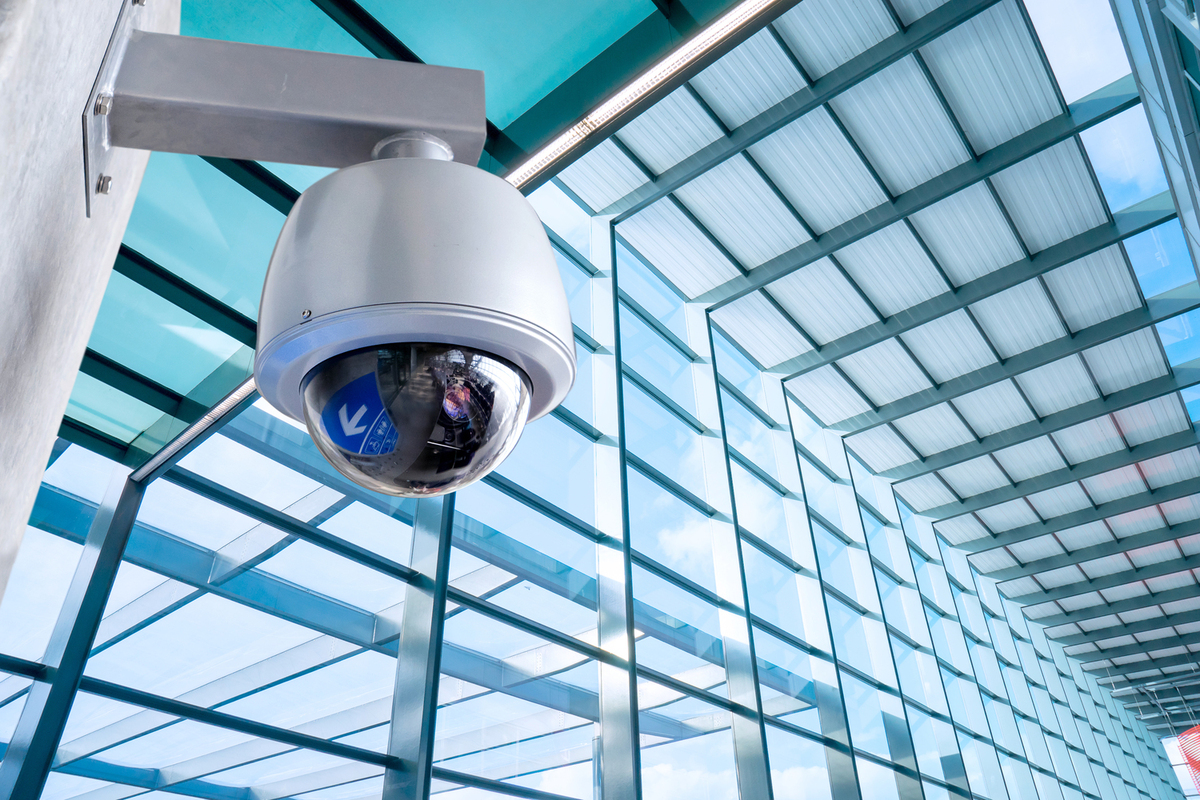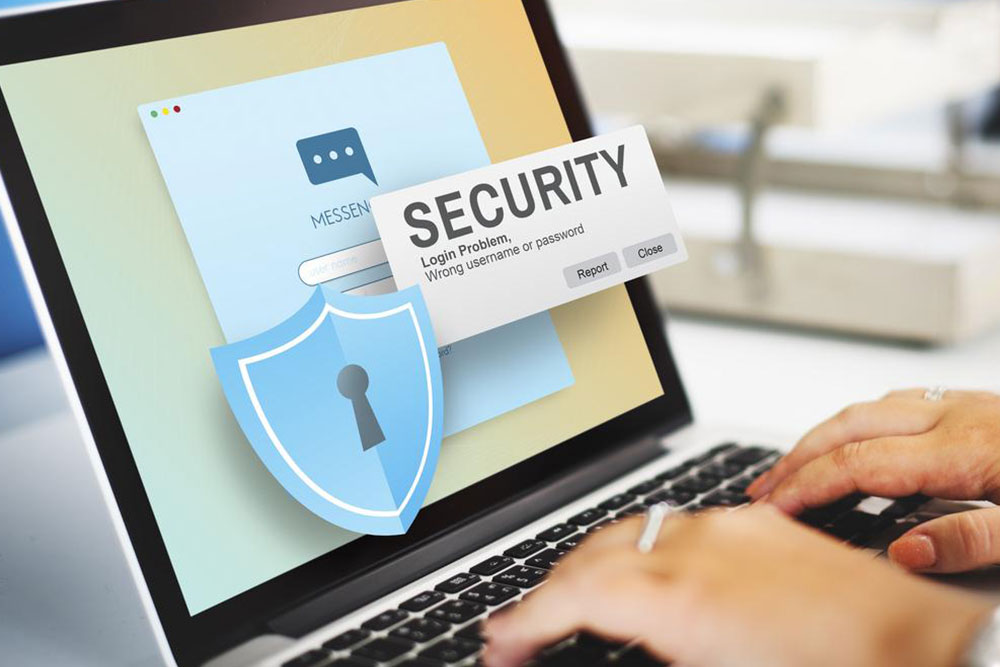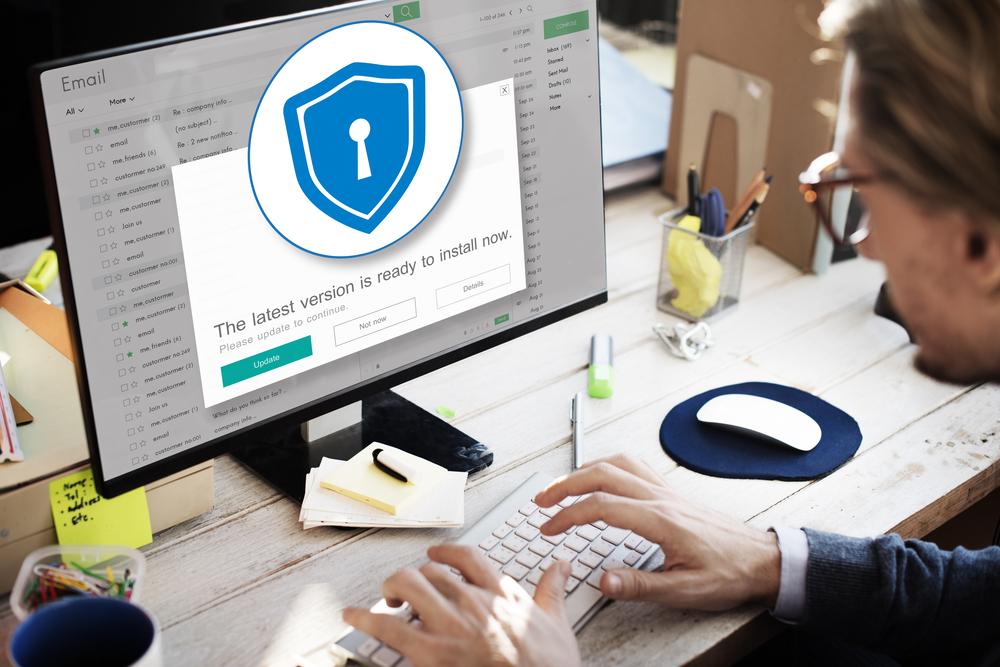Essential Security Features for Businesses in Nassau
This article highlights key security features necessary for Nassau businesses, including advanced surveillance, access control, alarm systems, integrated management, and cybersecurity measures. Implementing these solutions shields assets, employees, and clients, ensuring a safe operational environment. Emphasizing technology-driven security, the content guides Nassau enterprises toward resilient and efficient protection strategies to thrive amid potential threats and market competition.

Key Security Solutions for Nassau Enterprises
Protecting business operations is crucial in Nassau, the vibrant capital of The Bahamas. With active commerce and a lively environment, businesses need reliable security systems to safeguard people, property, and data. This article highlights vital features of effective security setups that Nassau companies should consider, focusing on enhancing safety and preventing threats.
1. Advanced Surveillance Technologies
Security in Nassau relies heavily on comprehensive surveillance for constant monitoring. Notable features include:
HD Camera Systems
High-definition cameras deliver crisp, detailed footage, making identification of intruders, license plates, and vital details easier.
Night Vision & Low-Light Capability
Surveillance cameras with night vision or low light adaptability ensure 24/7 coverage, even in darkness.
Pan-Tilt-Zoom (PTZ) Cameras
PTZ cameras provide flexible monitoring by allowing operators to tilt, pan, and zoom, facilitating close-up views of suspicious activities.
2. Access Control Technologies
Managing who enters and exits premises is essential for security.
Modern access systems feature:
Biometric Authentication
Using unique traits like fingerprints or facial recognition, biometric systems restrict access to authorized personnel only.
Card & PIN Entry
These systems utilize ID cards or PINs for user verification, with logs for tracking movements.
Mobile Access Options
Smartphone-based entry allows users to unlock doors via apps, offering convenience without sacrificing security.
3. Security Alarm Installations
Alarm systems are critical for detecting breaches or unauthorized activities.
Features include:
Entry Sensors
Door and window sensors trigger alarms when unauthorized access is attempted, alerting security teams.
Panic Buttons
Placed discreetly, panic buttons enable swift alerts during emergencies, notifying authorities promptly.
Environmental Monitoring
Sensors detect smoke, heat, or water leaks, helping prevent fires and water damage.
4. Integrated Security Management Systems
Combining security components streamlines oversight, increasing efficiency.
Features include:
Centralized Control Panels
One interface manages cameras, alarms, and access controls, simplifying operations.
Real-Time Surveillance & Alerts
Live feeds and instant notifications ensure prompt responses to incidents.
Analytics & Reporting
Data analysis identifies patterns and helps optimize security strategies.
5. Cybersecurity Protocols
As digital reliance grows, cybersecurity measures are vital.
Key practices include:
Firewall & Antivirus Tools
Protect networks from cyber threats and unauthorized access, maintaining data safety.
Data Encryption
Encrypting sensitive information prevents unauthorized decoding during transmission.
Regular Security Audits
Routinely checking systems helps identify vulnerabilities and ensures compliance with best practices.
Conclusion
In Nassau’s dynamic business climate, deploying comprehensive security solutions is essential. Integrating high-quality surveillance, access control, alarm systems, security management, and cybersecurity safeguards helps protect assets, staff, and clients. Implementing these features promotes resilience against threats and fosters a safe environment for business growth. Investing in modern security infrastructure builds trust and supports long-term success amid competitive market challenges.










